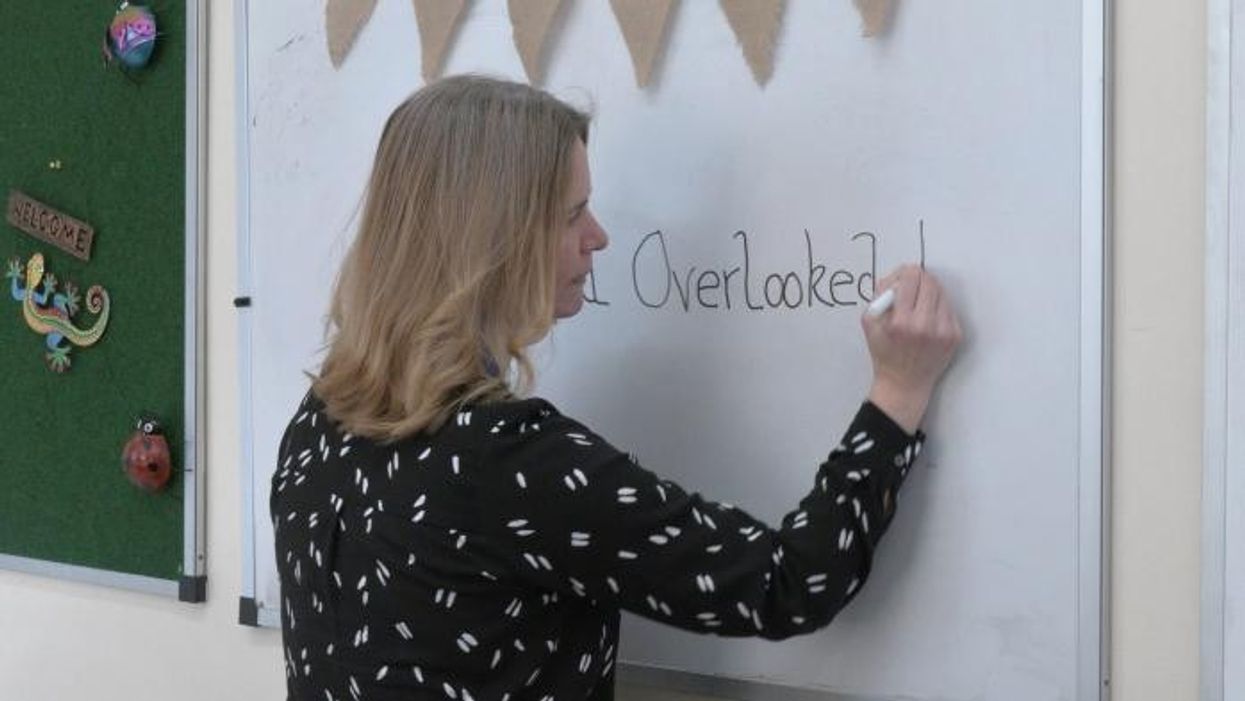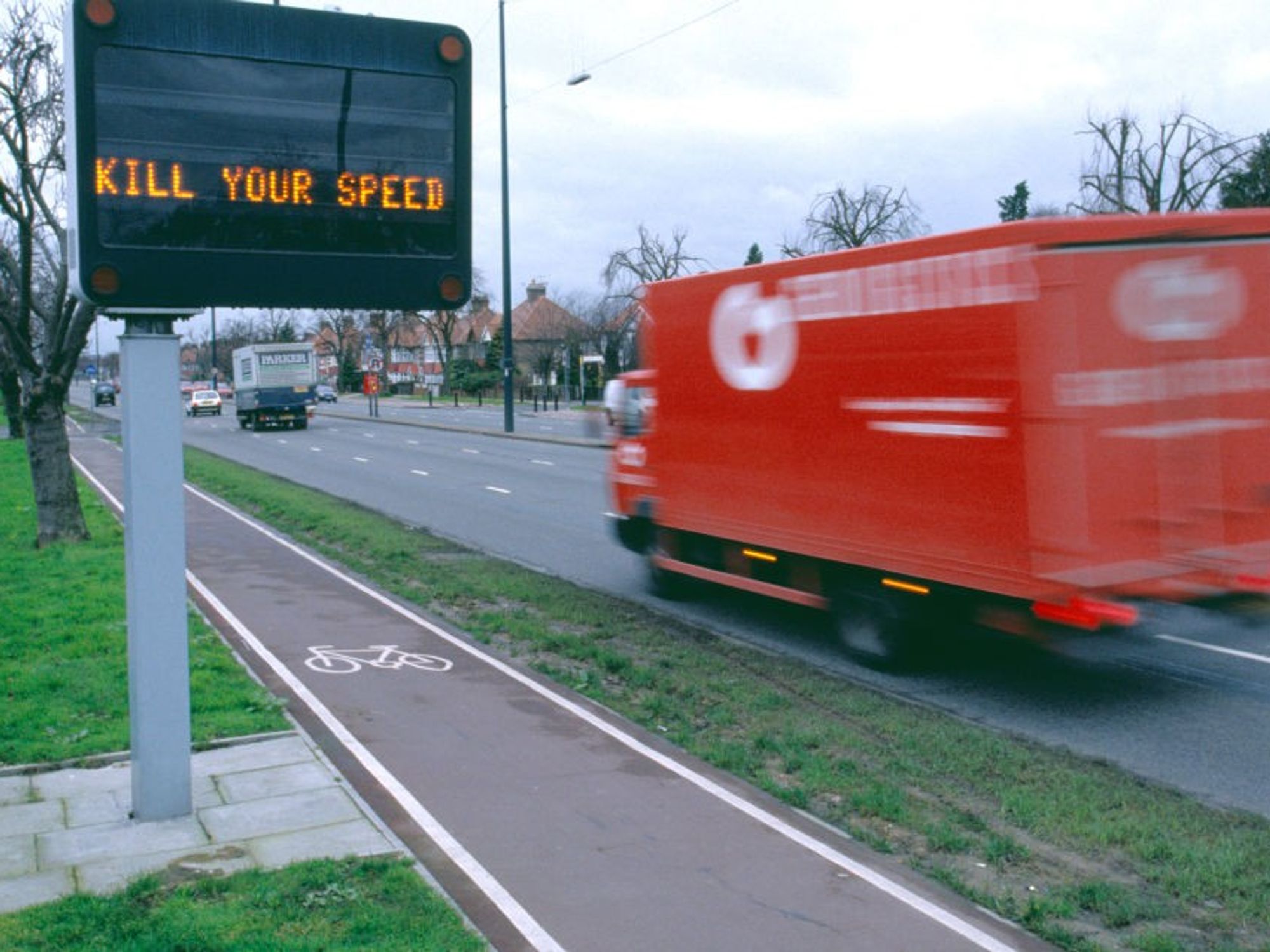‘Offline and overlooked!’ Millions of British pensioners unable to access vital services

Around one in five over 65s in the UK do not use the internet, according to Age UK
Don't Miss
Most Read
Latest
Millions of pensioners in Britain are finding it hard or even impossible to access day-to-day necessities such as banking, making NHS appointments, accessing benefits, or even just paying for car parking, due to not using the internet.
Public services are rapidly ‘going digital’ and Age UK say this means the 2.7 million people aged 65 and over in the UK who are not internet users are ‘offline and overlooked’.
The national charity is campaigning for public services to remain available face to face, over the telephone or via letters for people who cannot or do not want to access them online to prevent digital exclusion and maintain a more human approach.
Brenda Wardle is the Age UK Wakefield District Programme Manager and told GB News: “Everything’s online. People assume you’ve got a smartphone with a mobile number and without that, you don’t exist in this world anymore.
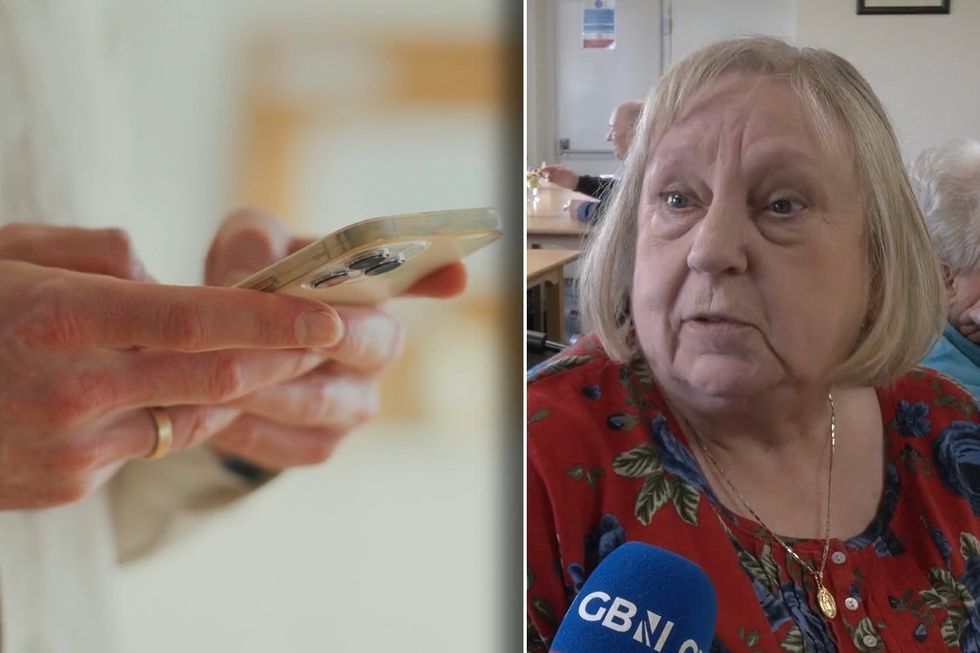
‘Offline and overlooked!’ Millions of British pensioners unable to access vital services
|GB News
“We’ve got to try and get the Government to see that it’s so important to make people feel that they belong because there’s a feeling that the older generation just feel that they are forgotten, that they’re in the way and it’s another reason for them to feel that they’re not wanted.
“They’ll just accept it. The new Millennial generation wouldn’t accept it, but older generations are just used to accepting what they’re given. They’ll say ‘well that’s it, I can’t do it anymore, whereas other people would be really kicking and screaming so we need to be the voice for older people.
“They find the support here, but until we get to them, how many people are sat there feeling discriminated against?”
Despite digital technology playing an increasing role in our lives, around one in five over 65s in the UK do not use the internet, according to Age UK.
LATEST DEVELOPMENTS: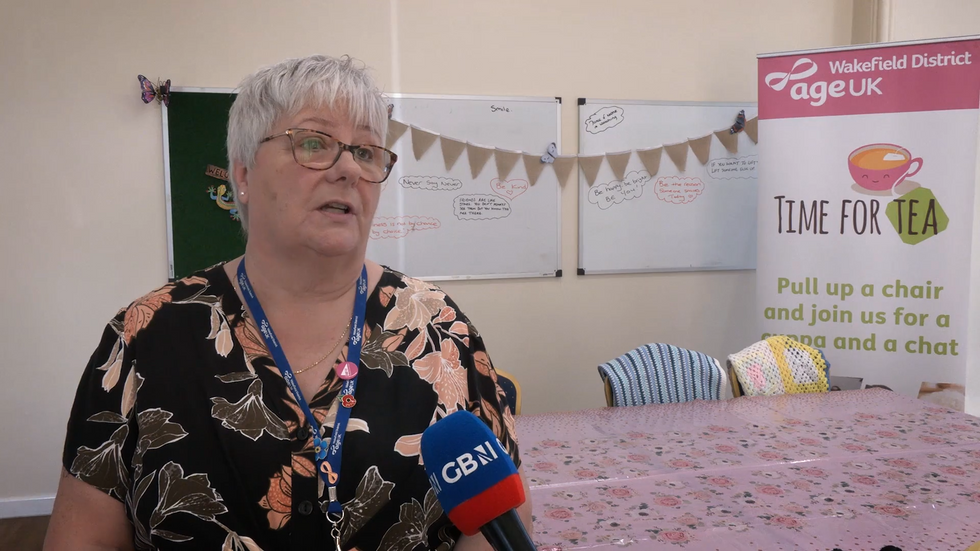
Brenda Wardle
|GB News
The charity also found that 69 per cent of people aged 75 and over are not able to complete eight of the most fundamental tasks required to use the internet safely and successfully and that around 3.4 million people aged 65 and over in the UK do not use a smartphone.
If older people choose to access the internet, Age UK support them to do so with Digital Champions - staff and volunteers trained with the skills and knowledge to support older people in their community to gain digital skills and stay safe online.
Thornycroft Centre in Pontefract, West Yorkshire, provides a space for pensioners to socialise and get help to go online.
Maurice Tonks, 94, has visited the centre for the last 10 years and struggles with accessing the internet.
He told GB News: “I’m not right good with mobiles, so when you mention anything about online, I ain’t got a clue what you’re talking about.”
Ellen Pickard, a pensioner, also felt that older people should not be forced into accessing public services online and has been struggling to pay her energy bills due to her statements being issued online.
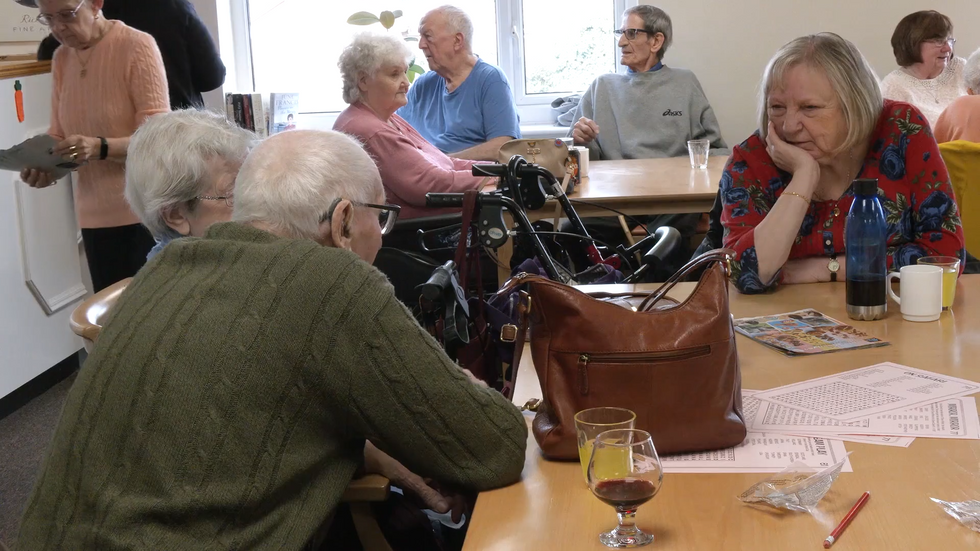
Maurice Tonks, 94, has visited the centre for the last 10 years and struggles with accessing the internet
|GB News
She said: “I just don’t think it’s fair to older people that we should be made to go online for everything we do.
“Your brain’s not up to all these fancy things and not only that, when you’re online you’re getting these people, you’ve got to be very careful in case you get scammed.”
Linda Bullock, 72, has a smartphone but is fearful about making payments over the internet and has stopped shopping in Leeds due to many car parks requiring app or card payments rather than cash.
“They’re not considering older people who feel left behind. I have to ask my grandson who’s 14 years old to do things for me,” she said.
Sylvia Allcock, 83, added: “They expect you to know what you’re doing, or they want to do ‘updates’ and you think, ‘what the blazes is it for?”
The closure of thousands of banks in favour of online banking is also detrimental to the older generation.
As the GB News Don’t Kill Cash campaign highlighted, more than five million adults still rely on cash in the UK, and it’s used in six billion transactions each year.
The campaign urged the Government to protect the status of cash as legal tender and as a widely accepted means of payment in the UK until at least 2050 amid concerns Britain is fast becoming a cashless society, with more and more shops, pubs and cafes choosing to only accept card payments.
The reliance on cash by older people was highlighted by Joanne Kilsby, the Co-Ordinator at Thornycroft Centre in Pontefract.
She told GB News: “A lot of our members who come, they tend to use cash, they don’t like to use bank cards. I think a lot of it is trust or the lack of knowledge, they don’t understand how it works.
“I think they’re very vulnerable as well with online. It’s really important that they’re aware how to use it, and how to use it safely.”
The Age UK ‘offline and overlooked’ petition to the Government can be signed HERE - or write to Freepost Age UK campaigns to request a copy in the post.


